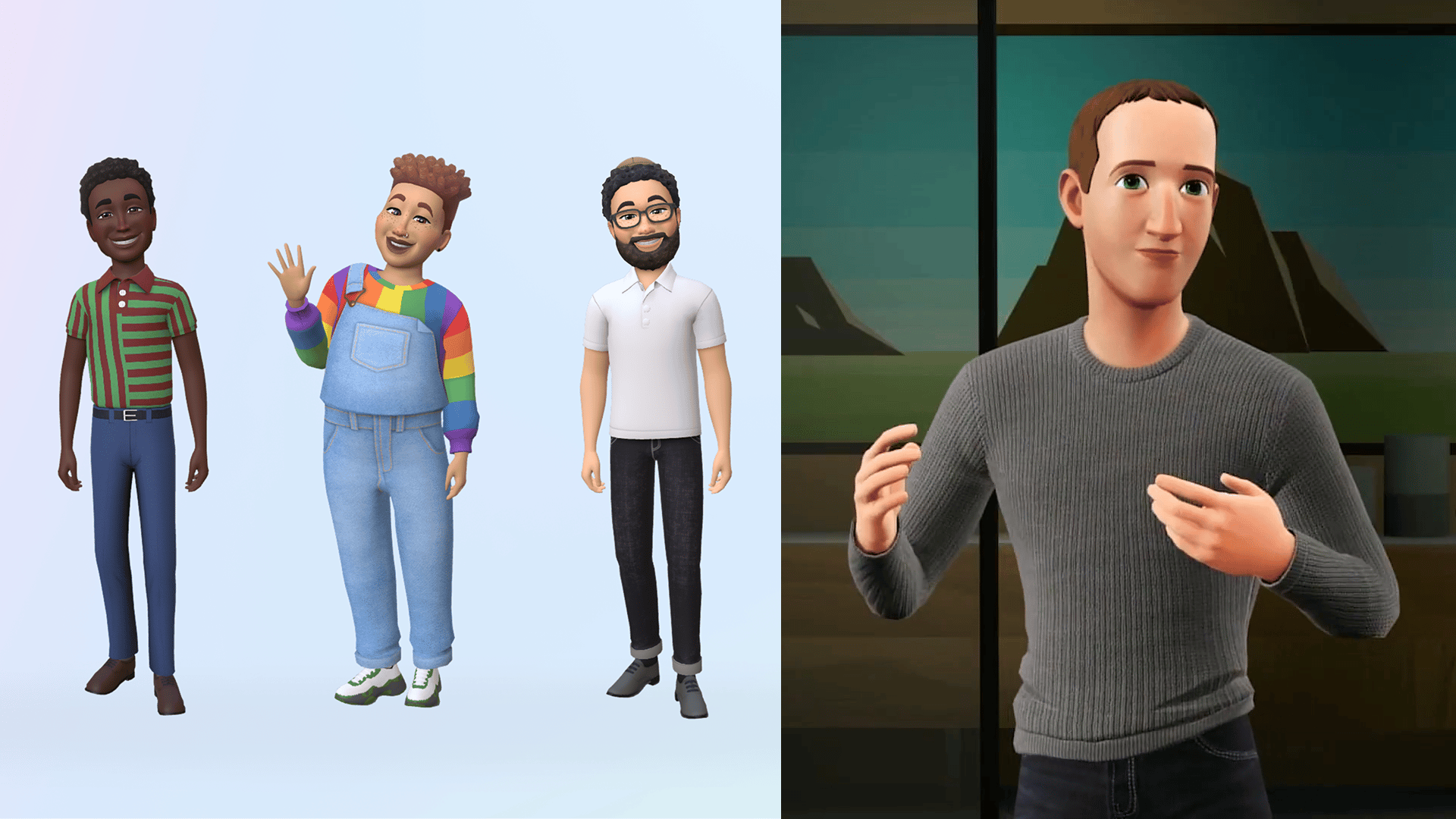Meta Avatars finally have legs in Quest Home with the v57 update on the Public Test Channel.
The company’s virtual avatars have faced widespread ridicule on social media and wider tech media for their upper-body-only appearance.
Meta first said it was working on legs in September last year, and in October last year announced the feature as “coming soon”.
Many third-party VR apps & games already give you virtual legs. But no shipping VR system has built-in leg tracking, so virtual legs don’t match the actual movement of your real legs when you look down. Further, there’s not really a graceful way to handle the transition between sitting and standing, nor to make the legs look natural when moving around with the thumbstick.
Some people don’t mind these issues with fake virtual legs, but it feels disconcerting to others.
Meta is somewhat sidestepping these issues by only showing legs in third person, not in first person when you look down. Third person technically includes looking in virtual mirrors though, so multiple Quest owners who have the v57 PTC have noticed their legs in the mirror in Horizon Home.
The third person view of the avatar doesn’t support crouching, so it stays standing up even when you’re crouching or sitting down. That could lead to incorrect eye contact in social VR, and it feels particularly disconcerting in virtual mirrors.
Quest’s Horizon Home appears to be the only place legs are present in VR so far. Even with v57 the legs don’t show up in Horizon Worlds om VR users, despite legs being shown on mobile and web users. The Meta Avatars SDK also hasn’t yet been publicly updated, so third party developers using it can’t yet add legs yet either.
Meta may be waiting to release the SDK update at its yearly Connect conference though, where it announces and releases many of its Quest VR features. This year it’s scheduled for September 27, just under a month from now.

Last year Meta also announced the avatars would be getting a graphics overhaul this year with a more realistic visual style. But there’s been no word on that since, and the company said the demo it showed was made with motion capture technology, not VR.




